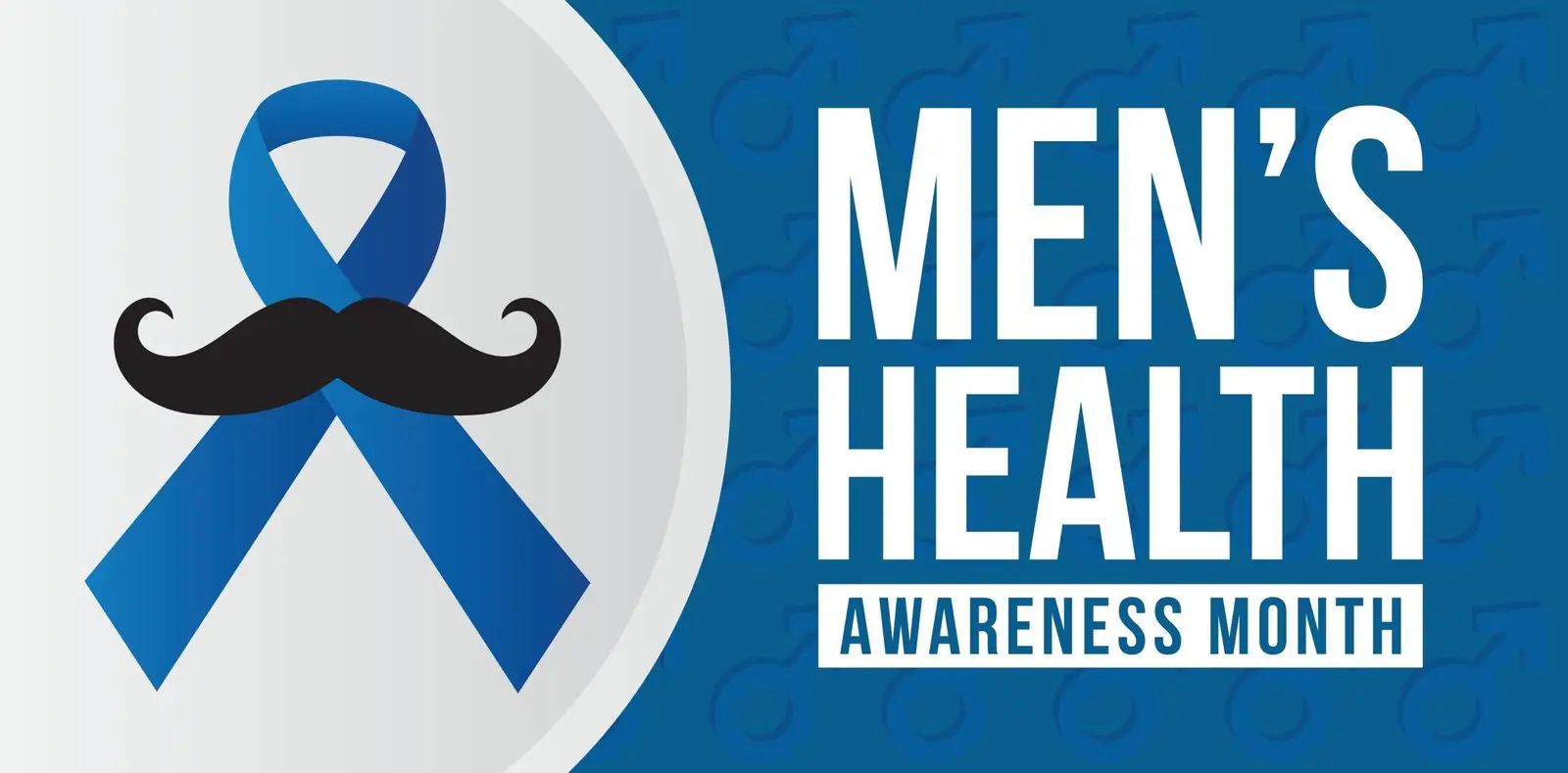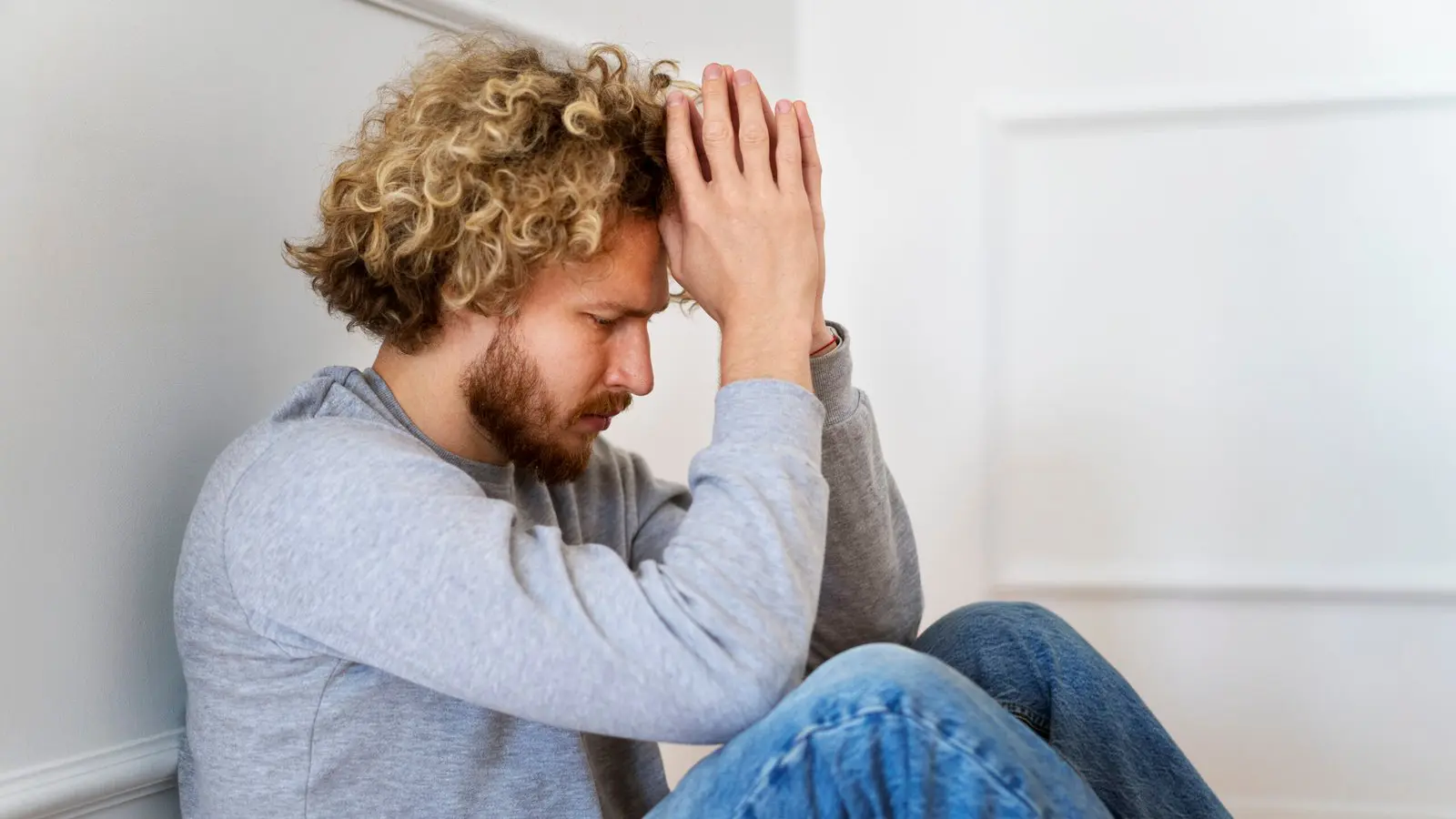
Support Men’s Mental Health This Movember & Help Reduce The Rate of Male Suicide
This Movember, mental health expert Noel McDermott looks at men’s mental health issues and ways to improve well-being. In the UK, 3 out of 4 suicides are by men. Noel advises on how suicide prevention can be reframed. It’s like pulling guys out of the river before they are catastrophically washed out to sea and lost. We can help reduce the rate of male suicides by normalising feelings. Staying fit and healthy is crucial. We also need to find the right support to overcome life’s challenges.

*Triggering content below with talk of suicide and suicide ideation*
1. Life ensurance:
No, not a payout when you pass away, but ensuring you have a reasonable chance of having a decent life. The formula here is normalisation + resilience = you’ll be fine.
Normalisation is accepting that you are not broken or somehow deficient. It’s understanding that feeling rubbish is normal. This happens when you believe your life is rubbish or rubbish events occur. There is a bizarre narrative around men. It suggests that we shouldn’t feel bad in a usual way. We should process those feelings as we are designed to as social animals. Processing as social animals is resilience. We are biologically designed to do this. This includes getting group support from other furry mammals.
So here is the formula: for example, losing your job. First, you will feel rubbish, like a failure and burden etc (normalisation). Then, go talk to others who care about you. They will take you out of yourself and remind you that you are not alone (resilience). Finally, you are going to be fine.
2. Fit check:
are you fit for life, would you pass your MOT? Here’s the big secret, most illnesses we are treated for are lifestyle based. Let me say that again. The most important lifestyle change you can make is physical activity. Exercise and an active lifestyle are crucial. Whatever you want to call it. The changes to your quality of life are measurable. Your mortality is reduced. Social networks are improved. Your feelings of well-being are increased. As well as your ability to manage anxiety and depression enhanced. These changes are absolutely measurable and they have been thoroughly evaluated. An Everest-sized mountain of evidence supports an active lifestyle for health and well-being. Essentially, you get this advantage for free. All you need at least is a 2.5 hours per week of moderate exercise to see very large improvements in your health and well-being*.
3. When you are in a hole, stop digging:
To stop digging, you need to know you are in a hole. Most mental health issues have a significant element of what is called ‘lack of insight’. So people don’t know they are depressed, what they ‘know’ is “I’m a failure”, “I can’t go on” etc. Simply put, they experience themselves as their symptoms and become their illness. It’s very different to breaking your arm, or catching a cold.
Consider what you can do when you find yourself in this position. For example, you can get a psych-ed (psychological education). Learn the signs of psychological illness, which are pretty much the same for us all.
Your resilience network should have informed people in it. They should not be afraid of calling you out. These are people who tell you that you are acting oddly. Have an action plan. Put it into place. Don’t be afraid to ask for help if you are showing signs of psychological distress. You can call your GP, increase your resilience behaviours, or increase health and well-being activities.
Noel comments: “Of course there are more things and refinements you can add. Essentially, start today. Add a new behaviour and make that a habit. Then add another new behaviour. Don’t remove but add replacements”.
Here’s a link to a self-test for anxiety and depression from WHO.
Men & Suicide
In the UK, over 700,000 people take their own life each year. That’s one person every 40 seconds (World Health Organization). 115 people die by suicide in the UK every week (ONS).
We have become more open about the topic. Greater mental health support has been put in place. As a result, suicide rates have been decreasing. The UK has seen a more significant drop among women. Their deaths have halved since 1981. But, deaths for men have only dropped by 20%. The gap between men and women has grown. It seems when suicide is decriminalised, it reduces the deaths of women more. Recently, the downward trend in suicide deaths has reversed. This change is not simply due to the pandemic. This is very worrying. Earlier research has shown a clear link between unemployment and increased suicide rates. Even though the UK is primarily a two-income household, men’s salaries are usually the primary income.
What is also clear is that we can prevent suicide by men with a clear focus on the issues nationally.

What can you do to help?
- Take the issue seriously, but don’t be too scared to talk about it.
- If you think you or someone else is at immediate risk, call the emergency services or go to A&E hospital
- Suicidal ideation is usually temporary. Talking to someone while they have these thoughts will allow them to work through their feelings and thoughts. Engaging in a sympathetic human conversation while distressed is helpful, but always seek professional support, too.
- Be non-judgemental in your conversations with people who are struggling. What appears insignificant to you does not be to them. Bear in mind you are not inside their head, and you are not experiencing the distress in their body.
- Suicidal ideation is most often an expression of another mental health condition and is treatable. Getting mental health support for that condition is crucial; medication, psychological therapy and/or behavioural therapy can be prescribed and will help
- Substance misuse can offer temporary relief. Stop using drink or drugs to manage anxiety, depression, trauma, etc. But it will worsen the psychological problem. It often creates suicidal ideation as a consequence. Many people find their suicidal thoughts and feelings go away when they stop abusing alcohol or other mood-altering substances.
Mental health expert Noel McDermott is a psychotherapist and drama therapist. He has over 30 years of experience in health, social care, education, and criminal justice. His company Mental Health Works provides unique mental health services for the public and other organisations.

CALM on 0800 58 58 58 from 5 pm to midnight every day. This service is available if you’re affected by suicide or suicidal thoughts.
National Suicide Prevention Helpline UK is 0800 689 5652.
